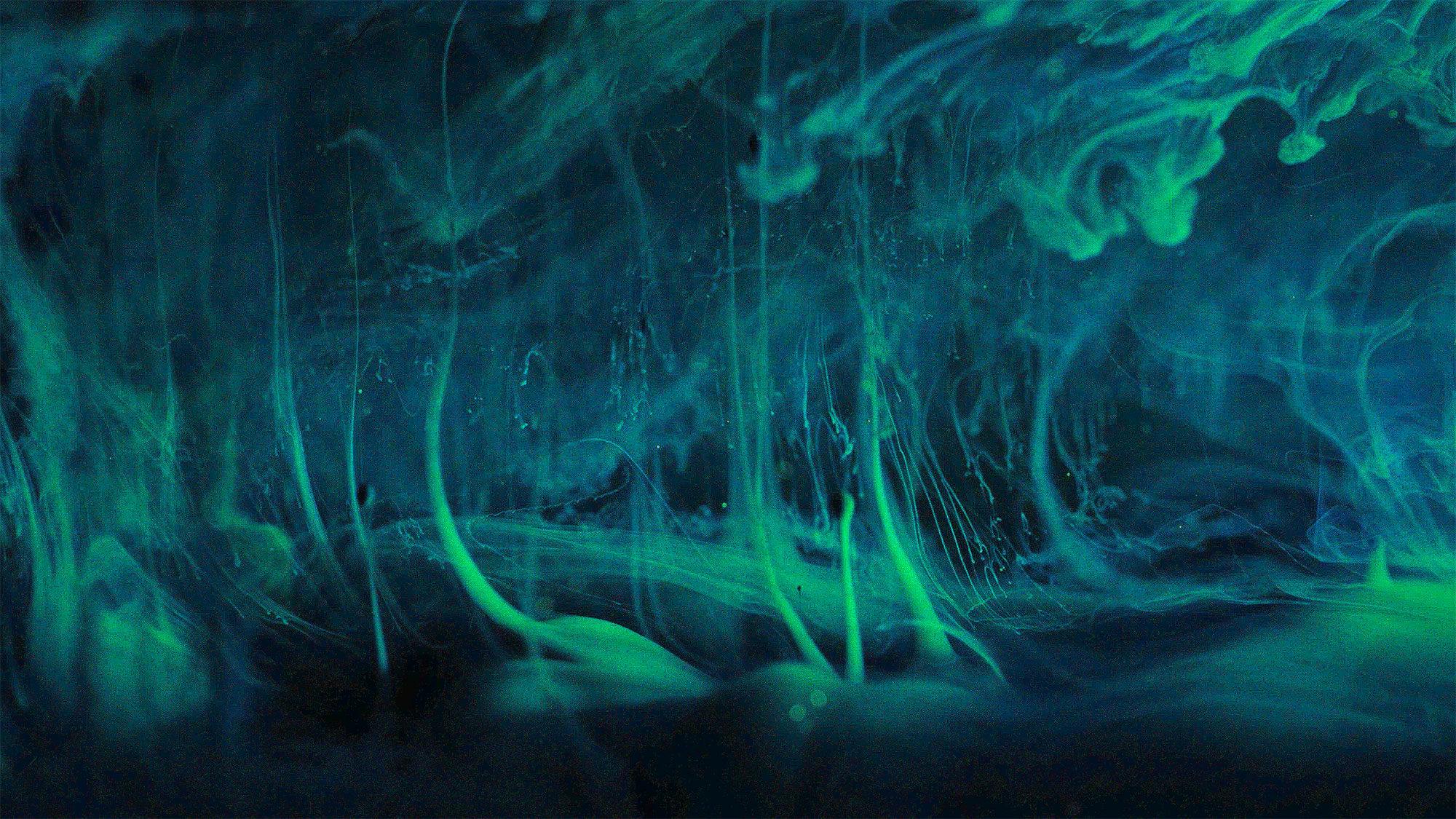Latest News
Honorary Fellow, Albert Irvin, receives OBE
Wednesday, 3 July, 2013 — Congratulations to Plymouth College of Art's first honorary fellow, Albert Irvin, who has received an OBE in the Queen's Birthday Honours list.
<p dir="ltr"><strong>Amongst the other artists we were happy to see on this year’s Birthday Honours list – Grayson Perry, Anish Kapoor, P. J. Harvey and Roger Deakins – we were especially pleased to see the name of Albert Irvin, now in receipt of a much-deserved OBE.</strong><br /></p>
<p dir="ltr">Irvin is a prolific artist, well known for his exuberant, colourful paintings and prints. Born on the 21st August 1922, he celebrated his 90th birthday in 2012 and received the college’s first inaugural fellowship award in the same year, for outstanding achievement in visual arts practice.</p>
<p dir="ltr">Of the OBE, Principal Andrew Brewerton said: ‘It’s long-deserved and long overdue - he’s 91 in November. Albert is one of the most extraordinary and exciting examples of how you can have a very long career in painting. In the tenth decade of his life, the work and the life are indistinguishable. The energy and vigour in his work is remarkable.’</p>
<p dir="ltr">Irvin is one of an extraordinary generation of British painters, including Gillian Ayres, John Hoyland and Bridget Riley, who were profoundly influenced by an exhibition of American painting organised by the Tate in 1956. Irvin recalls the experience of seeing the Abstract Expressionist pictures by Willem de Kooning and Mark Rothko, amongst others, as ‘like a bomb going off’. He became convinced that abstract art could stand in meaningful ‘relation to your own perception, you could move across a canvas in a way that you move through the spaces of the world… notions of space like proximity and distance could be revealed by moving across a canvas with a brush’.</p>
<p dir="ltr">Irvin described this move into abstraction as connected to the feeling that it could have an immediate impact, that there was ‘no need for interpretation, like music’, and that you ‘could reveal something of the human condition’ in paintings which did not have ‘humans in them’.</p>
<p dir="ltr">In August, some of these works come to Plymouth College of Art, for Plimsol, a solo exhibition exploring Irvin’s relationship with the birth of abstraction in Britain from the late 1950’s onwards. The show will include works drawn from 1960 (Slow Black Night) to 2012 (Memory II); although the artist is noted for his bright, dazzling paintings, the colour blue will be common to the exhibited works. Over the past decades these 'blue paintings' have appeared irregularly but repeatedly in his output. These lesser-known blue and blue-green paintings, warmed by other colours, are an essential part of Irvin’s artistic practice. They are studies in the metaphysical quality of painting and one of the key drivers in Irvin’s work.</p>
<p><strong>Coming soon:</strong></p>
<p><strong><strong><em>Plimsoll<br /></em></strong></strong><strong>Albert Irvin<br /></strong><strong>19th August – 14th September 2013</strong></p>
<p><a href="http://www.albert-irvin.com/" target="_blank" rel="noreferrer noopener">http://www.albert-irvin.com/</a></p>
